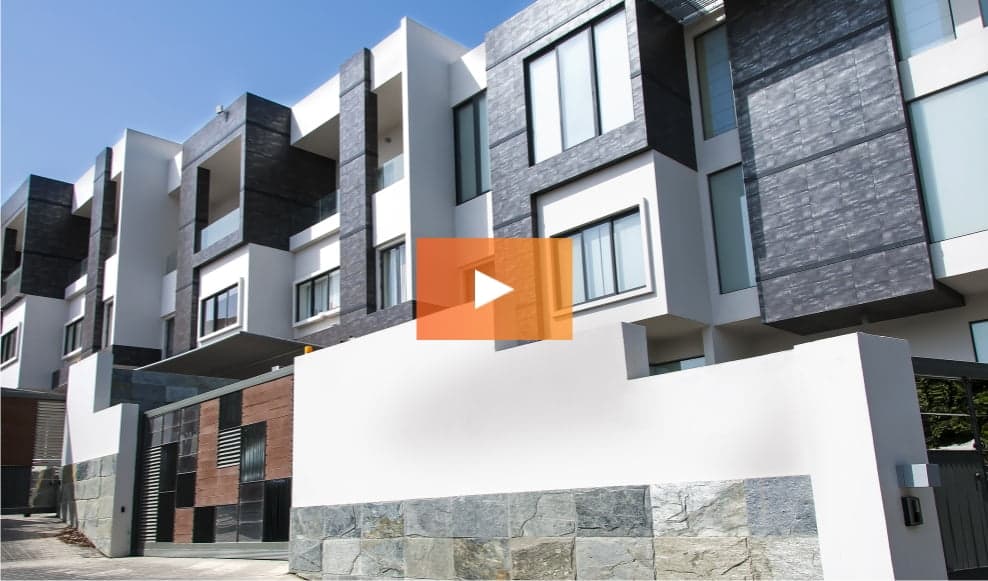FAQs
Need To Know More? These Are The Questions Our Clients Ask Us The Most
How does ResiFund Work?
ResiFund is very similar to a normal property investment but made through a Product Disclosure Statement (PDS)
We generate income (rents) from our large portfolio of tenants and we try and achieve capital growth in the value of the properties we own.
As an investor, you receive a share of all of the income and capital growth of all of our properties.
You will be a unitholder, (similar to a shareholder) and be investing alongside hundreds of other investors. This gives you an investment in all our existing and new properties that we acquire.
Please see below the following brief introductory webinars about how ResiFund works. We also encourage you to read our PDS & TMD and seek independent financial advice before investing.
What is ResiFund?
What is your track record?
OpenCorp, who is the manager of ResiFund, has a very long track record since 2005 of acquiring and managing properties successfully and exceeding market returns.
This covers over 2,200 acquisitions and management of more than 1,200 properties.
ResiFund was launched in 2018 and has successfully deliver consistent income returns and capital growth for investors since inception. See our Performance tab on the website for a history of unit prices and distributions.
What regulations am I covered by when I invest?
As ResiFund is a Fund Manager, we are licensed and regulated by the Australian Securities and Investments Commission (ASIC), to manage investments for investors such as yourself. This provides you with a range of protections. As part of that process, our PDS and TMD has also been lodged with ASIC.
What are the risks?
Our risks are disclosed in our PDS.
While past performance may not be indicative of future performance, an investment in ResiFund should have lower risk and volatility than most other investments based, on the long terms returns and volatility of each type of investment (Source RIA).
ResiFund should also have lower risks than buying a single investment property, as investors are not required to borrow money to invest in ResiFund. In addition, ResiFund has a portfolio of properties spread over different states, property types and tenants. This provides far more diversification than for a single property investment, therefore reducing the risk should one property, location or tenant not perform as well as expected. It essentially avoids putting too much money into one single investment.
How do I get my money out?
Like most investments, an investment in ResiFund should be considered for the medium to long term. This is consistent with any residential property investment.
Notwithstanding, investors in our Redeemable Retail and Redeemable Wholesale Units generally have an opportunity to seek to sell (i.e redeem their investment) after 2 years. Please see the PDS for specific T&C’s for each security.
What if the market crashes?
In the last 40 years to June 2022, there has not been a negative total return in any financial year from the Australian Housing Market (Source REIA & RIA) . To put that into further perspective, the Australian Share Market has experienced a loss every 4.5 financial years over the same period.
While past performance may not necessarily reflect future performance, Australian residential real estate has historically provided a lower risk for investors, relative to most other investments.
Notwithstanding, when markets significantly fall, all investments can be significantly impacted, be it Australian or international shares, commercial or residential property. Conversely, these periods of negative growth can also represent good buying opportunities.
Due to our significant focus on generating sustainable and growing income returns, through renting properties to a range of different tenants, we believe we can reduce the impact on your total investment return, should there be a fall in property values. In addition, as there is no requirement to necessarily sell property during market downturns, the Fund has a greater ability to manage through difficult market conditions.
What types of properties do you purchase?
ResiFund has already established a portfolio of residential properties around Australia.
Investors have an immediate investment in all existing properties in ResiFund and in any additional properties we acquire. This should provide far more diversification and lower risk, relative to owning a single or even multiple investment properties.
By having an investment in a substantial portfolio this should significantly reduce the impact should an individual property, tenant or location not perform as well as expected. This in turn should result in more consistent returns for investors.
Our current portfolio can be viewed on our Portfolio Page. Our current portfolio includes a highly diversified property portfolio across:
By state
- Sydney
- Melbourne
- Brisbane
- Perth
By property type
- Single Family Homes
- Townhouses
- Co-living properties (including 5-9 tenants)
- Redevelopment sites
Tenant Diversification and focus on income
We also have a substantial portfolio of tenants, which should allow us to provide consistent quarterly income returns and reduce the risk of individual tenants impacting the Funds returns.

